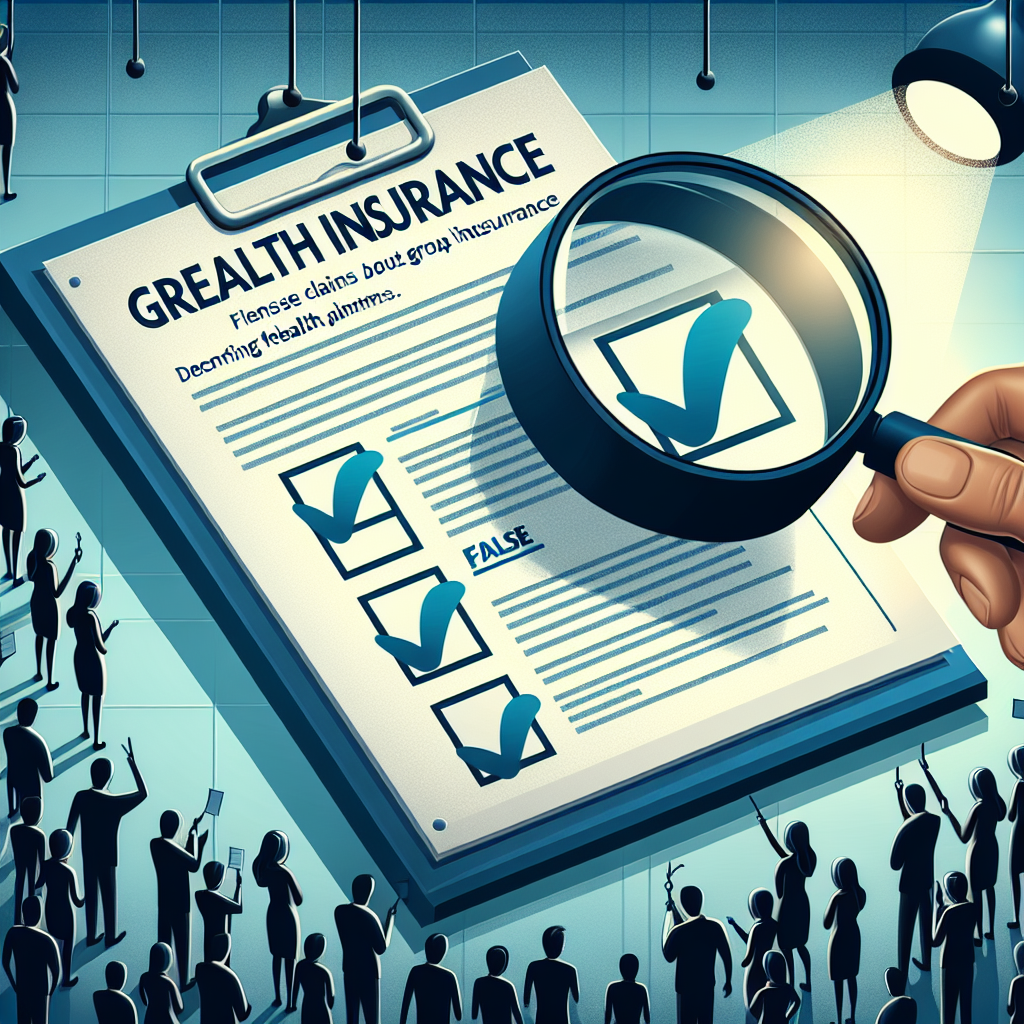Filed under Business Insurance on
Insurance Guide for Party Rental Businesses

In the vibrant world of party rentals, businesses strive to bring joy and celebration to every event. However, amidst the confetti and streamers, there's an often-overlooked element that is crucial for the sustainability of these businesses—insurance. Navigating the landscape of insurance for party rental businesses can be daunting, but it's essential to ensure protection against potential mishaps. This guide aims to illuminate the path, helping you understand the intricacies of insurance options tailored for party rental services.
Understanding the Basics of Insurance for Party Rental Businesses
Insurance is more than just a safeguard—it's a cornerstone for any successful business venture. For party rental businesses, it is vital to understand the specific risks associated with your operations and how insurance can mitigate those risks. From liability issues to property damage, having a robust insurance plan is integral to shielding your business from financial distress.
The Importance of Comprehensive Coverage
While there are various types of coverage available, comprehensive insurance is critical for party rental businesses. This typically includes liability insurance, property insurance, and sometimes even business interruption insurance. These elements work together to protect your business assets, fend off potential litigation, and ensure continuity in operations despite unforeseen events.
Types of Insurance Policies for Party Rental Businesses
Choosing the right type of insurance can make a significant difference. Here, we explore the essential insurance policies that party rental businesses should consider.
1. General Liability Insurance
General liability insurance is a must-have for party rental businesses. This type of insurance covers a myriad of potential damages that could occur during an event. It includes:
- Property Damage: In case rental equipment damages the client’s property.
- Bodily Injury: Claims that arise when a guest is injured due to your equipment.
- Legal Fees: Costs associated with defending against claims, regardless of fault.
This insurance provides peace of mind knowing that your business won't bear the brunt of considerable legal costs.
2. Property Insurance
Protecting physical assets is paramount for party rental businesses. Property insurance covers the actual equipment and inventory necessary for service delivery. Key inclusions are:
- Theft: Coverage in case of stolen equipment.
- Fire and Vandalism: Protection against natural disasters or intentional damage.
This aspect of insurance for party rental businesses ensures that physical losses do not translate into extensive financial burdens.
3. Workers’ Compensation Insurance
If your business employs staff, workers' compensation insurance is often mandatory. This insurance type helps cover medical expenses and lost wages if an employee is injured on the job. Given the manual nature of setting up and managing event equipment, ensuring the welfare of your team is both a legal and ethical priority.
4. Commercial Auto Insurance
For businesses that use vehicles to transport their party rental supplies, commercial auto insurance is crucial. It provides coverage for:
- Vehicle Damage: Protection against accidents causing damage to the vehicles.
- Driver Liability: Coverage for accidents involving your business vehicles.
Having this insurance secures your transit process and offers an additional layer of protection for vehicular mishaps.
Additional Insurances to Consider
Beyond the standard covers, additional insurances can provide extra protection for specific scenarios. Here are some you might consider to fortify your business further:
Business Interruption Insurance
Though not often at the forefront of insurance plans, business interruption insurance ensures that your financial income remains steady despite unforeseen disruptions to operations.
Umbrella Insurance
For an added layer of protection, umbrella insurance offers excess liability coverage that extends beyond the limits of existing policies, providing reassurance against extraordinary liability claims.
Factors Influencing Insurance Costs
Insurance costs for party rental businesses can vary based on several factors. Understanding what influences these costs can help you make an informed decision:
- Business Size: Larger businesses with more equipment and higher revenue will typically have higher premiums.
- Location: Businesses in areas prone to natural disasters or with high crime rates may face elevated insurance costs.
- Claim History: A history of frequent claims can increase premium costs significantly.
- Coverage Needs: More extensive coverage generally equates to higher costs. Tailoring coverage to include only necessary elements can help manage expenses.
Tips for Selecting the Right Insurance Provider
Choosing an insurance provider is as critical as selecting the right coverage. Here are tips to aid in your decision-making:
- Experience in Industry: Opt for providers with expertise in insuring party rental businesses.
- Customizable Plans: Providers offering customizable plans can help better align insurance coverage with your specific business needs.
- Strong Customer Support: Evaluate insurers based on their customer service, including responsiveness and claims process efficiency.
- Reputation and Reviews: Scrutinize reviews and ratings to assess the credibility and reliability of the insurer.
Keeping Insurance Costs Manageable
While insurance can seem like a costly necessity, certain strategies can help keep premiums affordable without sacrificing coverage:
- Risk Management: Implement comprehensive safety and risk assessment protocols to lessen the likelihood of claims.
- Bundling Policies: Combining multiple policies with the same provider may qualify your business for discounts.
- Regularly Reviewing Coverage: As your business grows, ensure that your insurance plan evolves to reflect any increased or diminished risks.
- Increasing Deductibles: Opting for a higher deductible lowers premium payments, provided you have the financial reserve to manage the deductible expense.
Conclusion
Successfully navigating the world of insurance for party rental businesses involves understanding the balance between risk management and securing the right coverage. By identifying and addressing the unique risks that accompany your party rental operations, you not only protect your business but also foster a sustainable foundation for continued growth and success.
Always consult with a knowledgeable insurance broker to tailor a policy specific to your needs and keep abreast of industry trends and legal requirements to ensure compliance and comprehensive protection for your enterprise. With careful planning and strategic protection, your party rental business can thrive amidst any challenge.





